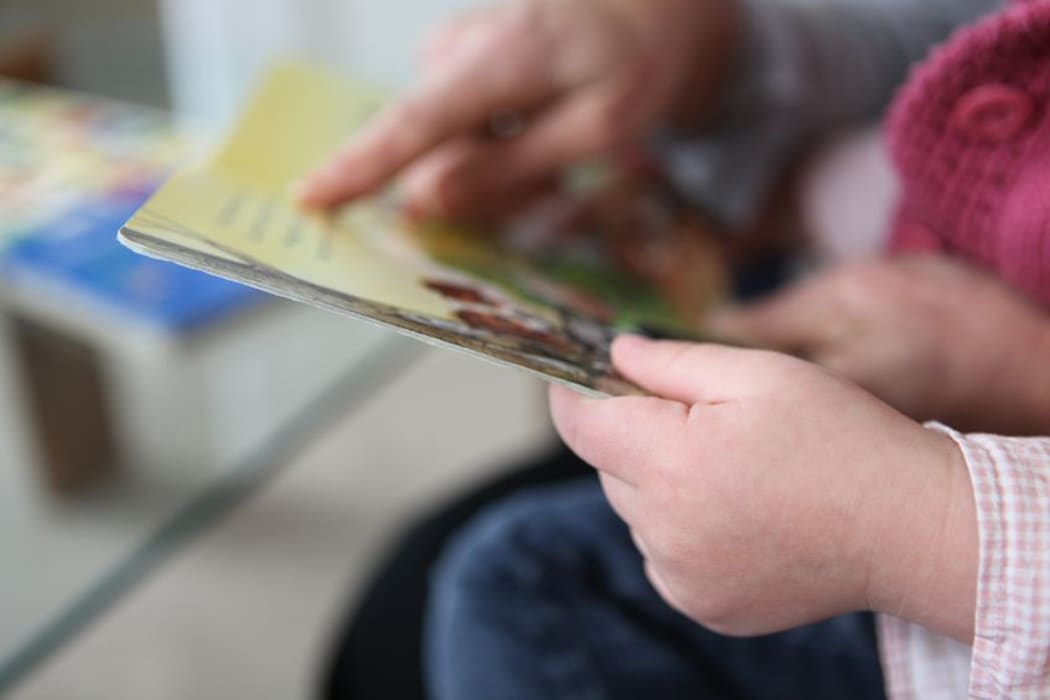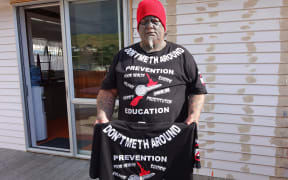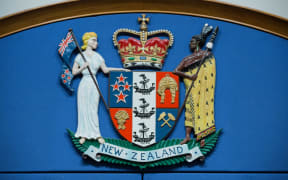Methamphetamine abuse is now behind almost every case where parents lose custody of their children, says the Grandparents Supporting Grandchildren Trust.

'It's all about accessing the drug instead of the basics like food and electricity and school shoes' - Claire Burnton, Oranga Tamariki Whangarei manager Photo: 123rf
Oranga Tamariki - formerly Child Youth and Family - said the addictive drug was implicated nearly every time it had to remove children from unsafe homes.
Oranga Tamariki Whangarei manager Claire Burnton said use of meth, or 'P', appeared to be on the rise in Northland.
"It's probably the single biggest factor in terms of children being exposed to harmful adult behaviour and therefore the need for Oranga Tamariki to become involved to create safety," she said. "It's huge."
Meth was a drug that created greed, Ms Burnton said.
"People become very greedy and very self-centred and it's all about accessing the drug instead of the basics like food and electricity and school shoes: the drug takes precedence."
While alcohol abuse tended to be periodic, methamphetamine appeared to be a constant in such homes, she said.
The Grandparents Supporting Grandchildren Trust said meth addiction in the family was now the most common reason people were taking over the care of their grandchildren.
Trust chief executive Kate Bundle said membership had grown by 1800 in three years - a rise she said was largely the result of drug abuse by parents.
"I call it an epidemic," she said.
"About 85 percent of the calls we get from caregivers who are having to take on the care of their grandchildren ... it is because of methamphetamine."
Ms Bundle said although grandparents could apply for the Unsupported Child Benefit, many were turned down because they could not prove they would have the care of the children for at least 12 months.
"You have to show there has been a complete family breakdown, and if the grandparents have just stepped up because they could see the kids were neglected, but if there's been no [Oranga Tamariki] involvement that can be hard to prove."
Even when a child's parent was in prison for dealing methamphetamine, grandparents had been declined the benefit because the sentence was for less than a year, she said.
In some cases Work and Income had relented after the trust and Northland MP Winston Peters became involved, agreeing to back-pay the grandparents.
"But for all that time, that grandmother has had nothing to support those children with," Ms Bundle said.
The Ministry for Social Devleopment said assessing whether there had been a breakdown between parent and child could be difficult.
Ministry national commissioner Kay Read said the ministry was working to make that process easier.
"Work and Income has recently reviewed the practice guidelines to require an independent family breakdown assessment is carried cout for all Unsupported Child Benefit applications," she said.
That would be needed in cases where there was already evidence from Oranga Tamariki or the courts that confirmed a breakdown, Ms Read said.
You can hear more about the scale of New Zealand's P problem and the effect it is having on Northland families on Insight this Sunday morning after the news at 8.






